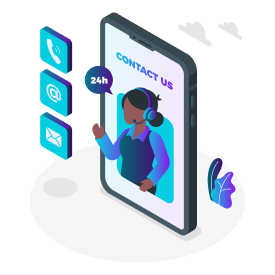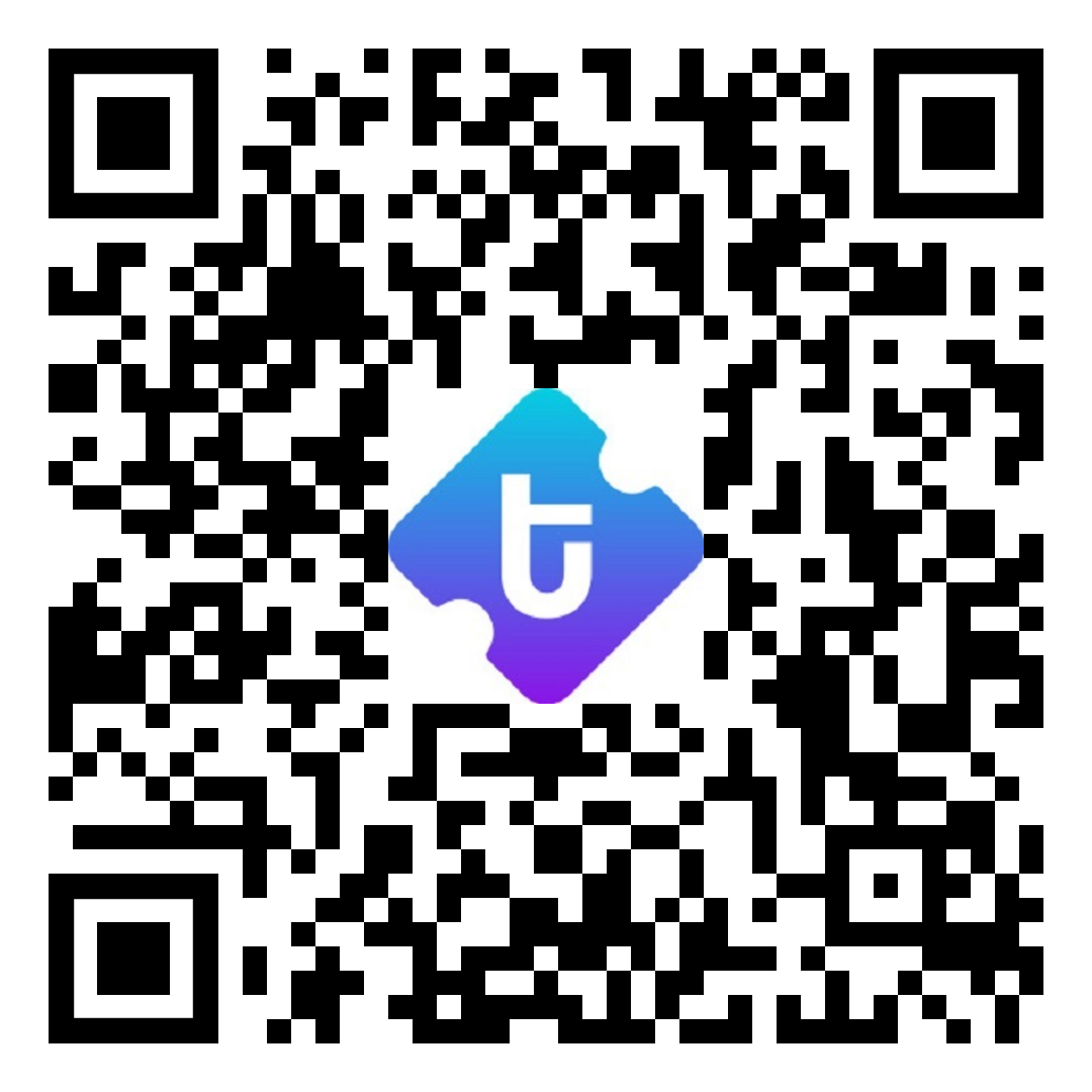Mastering Social Media for Your Events: Tktby's 2024 Guide

The rise of social media has had a significant impact on our communication, information sharing, and event participation. To ensure success in the year 2024, it is crucial to master the utilization of social media platforms for your events. With the help of social media platforms like Facebook, Instagram Twitter, or LinkedIn you're able to target large groups of people at your event, engage them in conversation, and add excitement. Our experts can teach you the most effective ways to use social media to publicize your events.
Introduction
Whether you're planning a corporate conference, a music festival, or a community gathering, social media can make or break your event. A carefully planned social media event marketing strategy can help expand your reach, boost participation, and enhance the overall event experience for attendees. This detailed guide will explore the importance of leveraging social media to promote events, offer key strategies for success, and share tips on effectively utilizing these platforms to increase exposure for your event.
Why Social Media is Essential for Event Promotion
Expansive Reach
Social media platforms collectively host billions of active users. By promoting your event on these platforms, you tap into a vast audience that you might not reach through traditional marketing channels. Facebook event pages, Instagram stories, Twitter threads, and LinkedIn posts can all serve as powerful tools to attract potential attendees from diverse demographics.
Cost-Effective Marketing
Compared to traditional advertising methods, social media marketing is often more cost-effective. Targeting your audience with ads allows you to target them based on demographics, interests, and behaviors, while also saving money on marketing expenses. Additionally, organic reach through engaging content can significantly amplify your promotional efforts without additional costs.
Enhanced Engagement
Social media platforms facilitate direct interaction with your audience. Commenting, sharing, liking, and direct messaging are all ways to engage with this type of activity. Engaging in live communication with your audience can lead to a more exciting event, generate conversation, and build ambiance around the gathering.
Real-Time Updates
One of the significant advantages of social media is the ability to provide real-time updates. Whether it's a last-minute change in the event schedule, a live-streaming announcement, or showcasing behind-the-scenes preparations, social media keeps your audience informed and engaged.
Key Social Media Strategies for Event Success
Post-Event Social Media Recap
After the event, share a comprehensive recap on social media. Write about significant events, share the stories of those present, and release images and footage of the occasion. After an event, debriefing can help to keep the participants engaged and give them a sense of what's ahead.
Engaging Event Attendees Online
Engage with your attendees online before, during, and after the event. Answer questions and acknowledge the participation of others by responding to comments. Utilize online communities such as Facebook groups or LinkedIn groupings to promote networking and share experiences with other participants.
Analyzing Social Media Metrics
Regularly analyze your social media metrics to gauge the effectiveness of your promotional efforts. It is important to track essential metrics including engagement rates, reach, impressions, and click-through rates. Use insights from these metrics to refine your strategies and improve future promotions.
User-Generated Content for Events
Encourage attendees to create and share content related to your event. Authentic promotional materials like photos, videos, testimonials and real-time updates can promote a strong sense of community and engagement through user-generated content. Create contests or giveaways to incentivize attendees to share their experiences online.
Live Streaming Events
Live streaming is an excellent way to reach a broader audience and engage with those who cannot attend in person. Utilize social media platforms such as Facebook Live, Instagram Live, and YouTube Live for live streaming important moments of your event. Promote the live stream in advance and interact with viewers in real time to keep them engaged.
Social Media Contests and Giveaways
Contests and giveaways are effective ways to increase engagement and generate excitement. Create social media contests that encourage users to share your event, use the event hashtag, or tag friends. Offer attractive prizes such as free tickets, VIP passes, or event merchandise to motivate participation.
Select Appropriate Social Media Channels
Choosing the optimal social media platforms for your Social Media Event Marketing relies on a deep comprehension of your target audience and the platforms they commonly engage with.
Promoting Events On Facebook
Facebook remains one of the most popular platforms for event promotion. Here's how to make the most of it:
Create a Facebook Event Page:
Set up a dedicated event page with all the essential details. Include eye-catching visuals, a compelling description, and a link to your ticketing site.
Utilize Facebook Ads:
Facebook's advertising platform allows you to target specific demographics, interests, and behaviors. Utilize advertisements to expand your reach and boost ticket sales.
Engage with Event Attendees:
Use the event page to post updates, share behind-the-scenes content, and interact with attendees. Encourage them to share the event with their friends.
Live Stream Your Event:
The power of Facebook Live allows you to communicate with a larger audience in real time. Stream key moments of your event to generate excitement and reach those who couldn't attend in person.
Instagram Event Promotion
Instagram's visual nature makes it an ideal platform for event promotion. Here are some tips to get started:
Share High-Quality Visuals:
Post eye-catching photos and videos related to your event. Showcase speakers, venue, and behind-the-scenes preparations to build excitement.
Use Instagram Stories:
Stories are a great way to share time-sensitive updates and engage with your audience in a more casual, authentic way. Use features like polls and questions to encourage interaction.
Leverage Hashtags:
Create a unique event hashtag and encourage attendees to use it. This helps build a community around your event and makes it easier for people to find related content.
Collaborate with Influencers:
Partner with influencers in your industry to reach a wider audience. Influencers can create buzz and lend credibility to your event.
Twitter Event Engagement
Twitter is all about real-time engagement and quick updates. Here's how to use it effectively:
Create a Unique Hashtag:
A unique event hashtag is essential for tracking conversations and engaging with attendees. Use it consistently in all your tweets.
Live Tweet the Event:
Share live updates, key moments, and speaker quotes during the event. This keeps your online audience engaged and informed.
Engage with Attendees:
Respond to tweets, retweet attendee posts, and encourage conversations using your event hashtag. Show appreciation for those who share your content.
Run Twitter Polls:
Use polls to gather feedback and opinions from your audience. This can be a fun way to engage attendees and get valuable insights.
LinkedIn Event Marketing
LinkedIn is the go-to platform for professional networking and industry-specific events. Here's how to leverage it:
Create a LinkedIn Event Page:
Set up an event page with detailed information about your event. Include key speakers, agenda, and registration details.
Share Thought Leadership Content:
Post articles, videos, and infographics related to your event's theme. This positions your event as a valuable learning opportunity.
Engage with Industry Groups:
Join and participate in relevant LinkedIn groups. Share your event and engage in discussions to increase visibility.
Use LinkedIn Ads:
Target professionals in specific industries or job roles with LinkedIn ads. This can help you reach a highly relevant audience.
Conclusion
It is imperative to master social media for event promotion in today's digital era. By following Tktby's 2024 Guide, you can improve your event marketing efforts and attract more attendees while maintaining a successful brand and long-term engagement. It's important to note that successful social media event marketing hinges on creativity, consistency, and a readiness to interact with your target audience.
So, are you ready to take your events to the next level with social media? Let TKTBY be your guide!

 9054792645
9054792645 info@tktby.com
info@tktby.com
